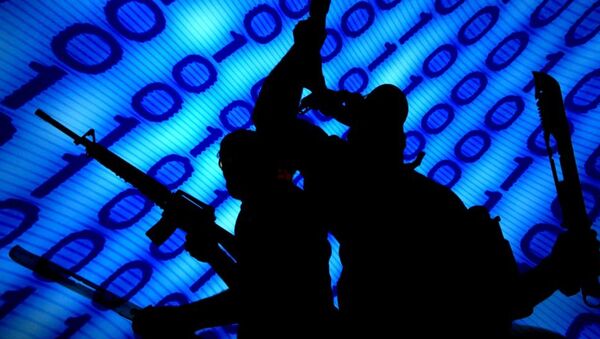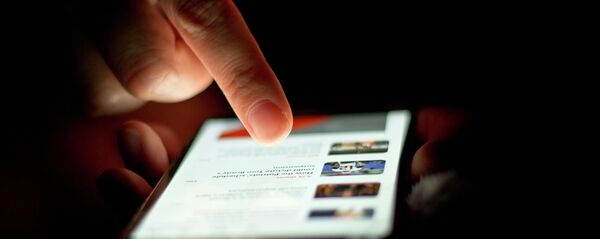The United States has repeatedly put pressure on Twitter to restrict the activities of accounts affiliated with Daesh, also known as IS/Islamic State. The terrorist group has proven effective at using the social media platform, with reportedly thousands of active accounts, allowing it to keep posting if some are shut down by administrators.
The Iraqi government is proposing a more direct solution to the problem: cut off Internet access to Daesh-held territory in western Iraq.
The strategy could be more difficult than it seems. The terrorist group’s locations are fluid. As its territory shrinks and expands based on the fighting of any given day, the government will find it challenging to adjust to where, exactly, service blackouts should apply.
There is also a moral concern. With some 5 million people living in Daesh-controlled territory, shutting off the Internet would affect everybody. Civilians rely on the Internet to communicate abuses to the outside world. Much of what we know of the deplorable conditions in cities like Mosul is due to online reports.
Even if the risk is worth the gain, the technical aspects could prove challenging. Broadband infrastructure in Daesh territory is limited, so the terrorists rely on satellite connections. These connections require a $2,000-$3,000 V-sat unit, a dish receiver and a modem.
"What’s still difficult for us is controlling V-sat receivers which connect directly to satellites providing Internet services that cover Iraq," a government communications ministry official said.
Even with a V-sat, users still need an Internet subscription, but these are primarily provided by anonymous middlemen working under telecommunications companies based outside of Iraq. These large companies rely on local retailers who operate independently.
"Anybody can become a reseller. It’s very informal and wholesalers probably want to keep it that way," said an industry source, speaking on condition of anonymity.
A spokesman for British provider Avanti stressed that the company complies with all laws and regulations where it operates, but added that "in common with all satellite operators, Avanti does not maintain identity or accurate location detail on end user customers."
The Iraqi government is in talks with satellite companies and has received "positive signals," but an Iraqi official stressed that "the process is complicated and needs more time and procedures."
Even if these satellite connections are blocked, the Iraqi government faces yet another problem: the establishment of illegal network connections within government-controlled territory using microwave dishes.
These providers buy data capacity through a complex network of middlemen and then beam Internet access into Daesh territory. The microwaves dishes have a range of roughly 25 miles, and can form a complex ground network. Laws are already in place to prevent these types of operations, but the rules are difficult to enforce.
"Their activities have very little chance of being detected. If you can buy a certain amount of capacity for $100 in Arbil and sell it on for $500, it’s good business," an industry source explained.
"If you close one [of the businesses] down, they reappear under another disguise in a matter of days. They’re very difficult to identify."
While cutting off the terrorist group’s Internet access may sound like a common sense solution, it may prove no less complicated than relying on Twitter to shut down terrorist sympathizers, one account at a time.





